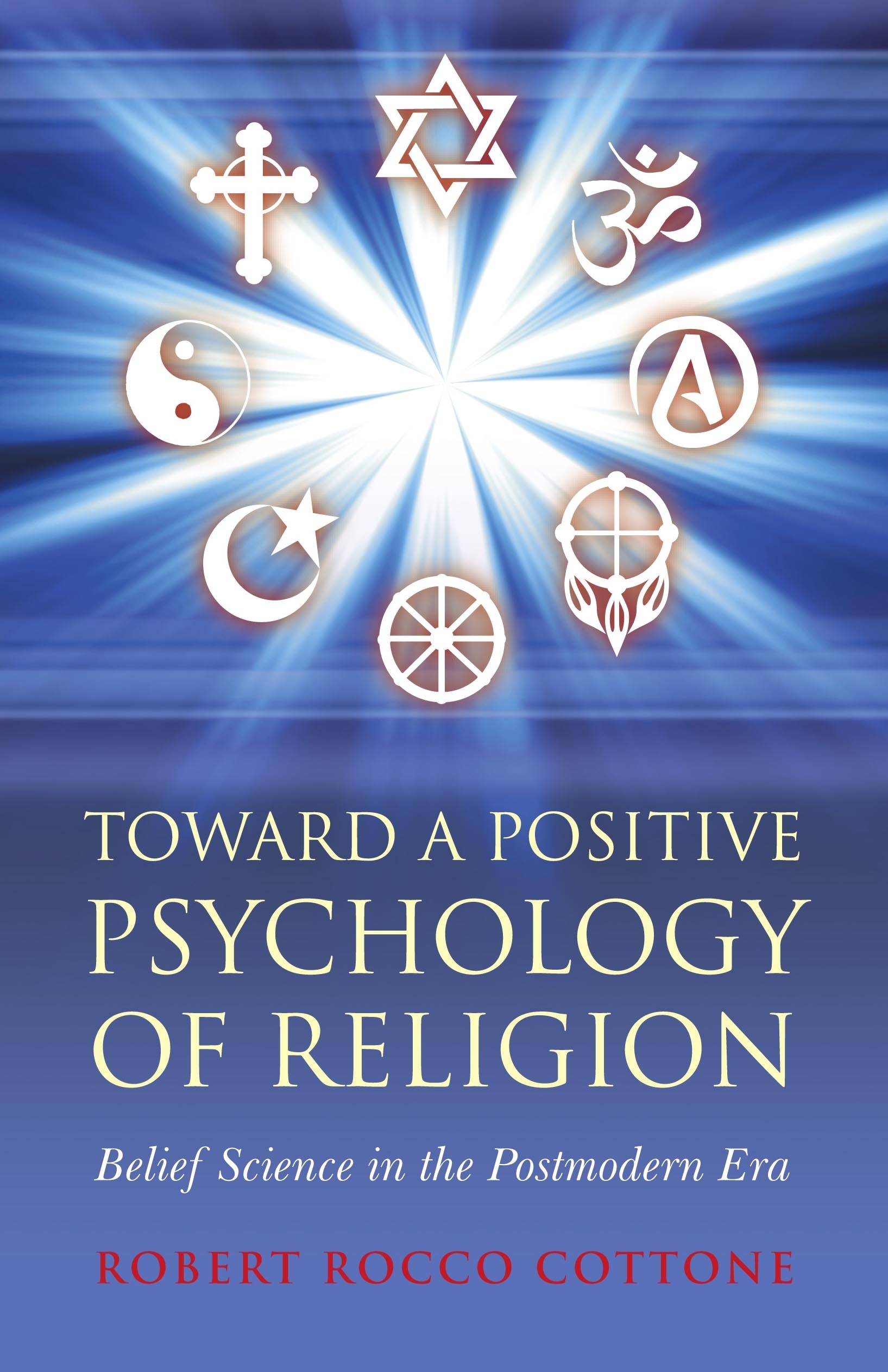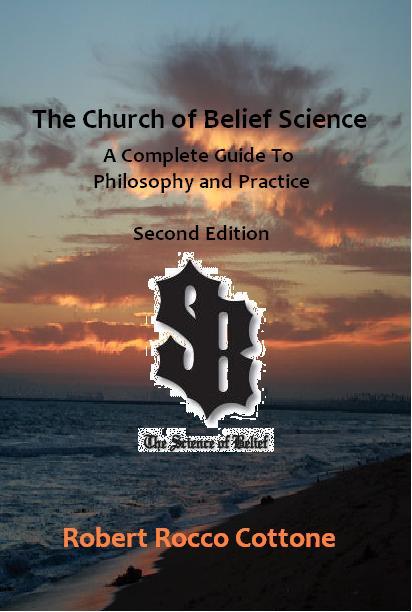|

|


| |||||||||||||||||||||||||||||||||||||||||||||||
| Founder's Message |
I am an unlikely revolutionary. I am a family man, a suburban dweller, and I take pride in a long career of service as a psychologist, counselor, and educator. But I am trying to start a revolution--a revolution in religion--toward a positive psychology of religion. I need your help. I can only hint to the insight in the few pages of a website, and I invite you to do your best to understand. I have always viewed myself as a teacher, so I will try to present these ideas in a clear and concise way. I ask you for a moment to suspend judgment. Try to fully grasp the ideas and their implications. I suspect, if you fully understand and react as I have, you will forever see things differently (even if you choose to reject the ideas). For those of you who have some acquaintance with these ideas, please bear with me as I attempt to describe them in basic form. Simply put, Belief Science is all about relationships. Belief always involves at least two people who come to believe together. The truths that come from sharing ideas are varied and many, but each truth has validity within its community of believers. Because any community can come to any truth, even a truth that directs hate, harm to others, divisiveness, or prejudice, ethical principles must be at the foundation of all human understanding. The insight derives from advanced theory of how humans perceive. My ideas are a religious reformulation of findings from studies of perception and postmodern philosophy. Belief Science addresses how humans perceive and describe their perceptions to others. When one has a religious experience, that experience is interpreted and shared through a language and tradition that defines the experiences as representative of "a truth." For Christians, as an example, "God" becomes a continuously evolving shared image, as Christians experience "God" through their community of faith. Embracing "God" is not a casual process for them. Their god is with them, between them, and among them at those moments when they most intimately share their experiences. This process holds true for any religious belief, whether one is a Christian, a Muslim, a Hindu, a Jew, or a member of any faith or scientific tradition. All truths have validity within their community, and they become absolutely true to adherents. But, according to Belief Science, they hold no universal status. What is absolutely true to Christians may not be absolutely true to Muslims. Belief Science explains, ironically, why we have competitive absolute truths represented by religions. Although people in a community believe absolutely in their community's truth, those outside of the community may have other ideas about what is real and worthy of adoration or worship. I call this concept "socially bracketed absolutes"--[absolutes]--where absolute truths are real within the confines of the brackets of social interaction around the truths. I propose that Belief Science allows for the understanding of all forms of belief, and it allows for the religious practice of all forms of belief consistent with ethical principles. Belief Scientists can study the teachings of Christ, Buddha, Muhammad, or ideas from any religious tradition (Naturalism, Taoism, etc.). They can participate in traditional religious rituals and ceremonies. They can study atheism, agnosticism, or scientific theories of the origins of humanity or the universe. But Belief Scientists cannot consensualize on any aspect of any religion that does not conform to ethical principles, such as fairness (non-discrimination), optimism, care for children and those in need, and other principles consistent with tolerance, inclusiveness, and openness. The ethical principles (Ethical Canons) of the Church of Belief Science come from long traditions of human collaboration and tolerance. They come from the study of Eastern and Western philosophy. They are addressed in some way by at least one of the major religions or religious philosophies. They are presented to you as a means to view humanity within a positive, harmonious, tolerant and inclusive light. For Belief Scientists, the Canons are at the foundation of their profession of faith. Given a positive view of human nature and a set of ethical principles to guide us, we can set a new course. We can provide a vision of religion for the post-modern era and beyond. I call the drive to live an ethical, intellectual, and productive lifestyle "the human spirit." Please join me in establishing a positive philosophy of religion. Membership is as easy as visiting the "Join Here" page (press the tab) of this website. This is your opportunity to stand with others for a new positive psychology of religion. Thank you, Robert Rocco Cottone Contact me at: founder@churchofbeliefscience.org SPECIAL NOTE: Cottone's (2011) book, Toward a Positive Psychology of Religion: Belief Science in the Postmodern Era, is available as an e-book, in paperback, and on CD as an audio book. To order this groundbreaking work, or to order the The Church of Belief Science, Second Edition (this is the Church manual in ebook format or pdf), use the "Publications" tab of this website.
|
 |

|





